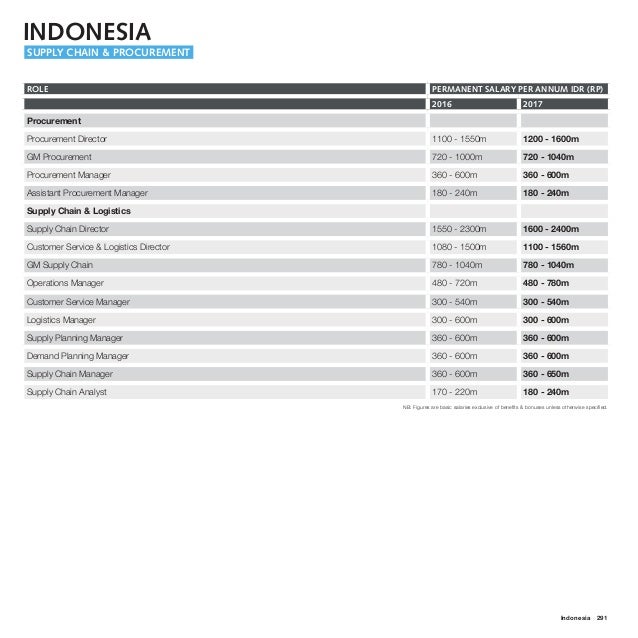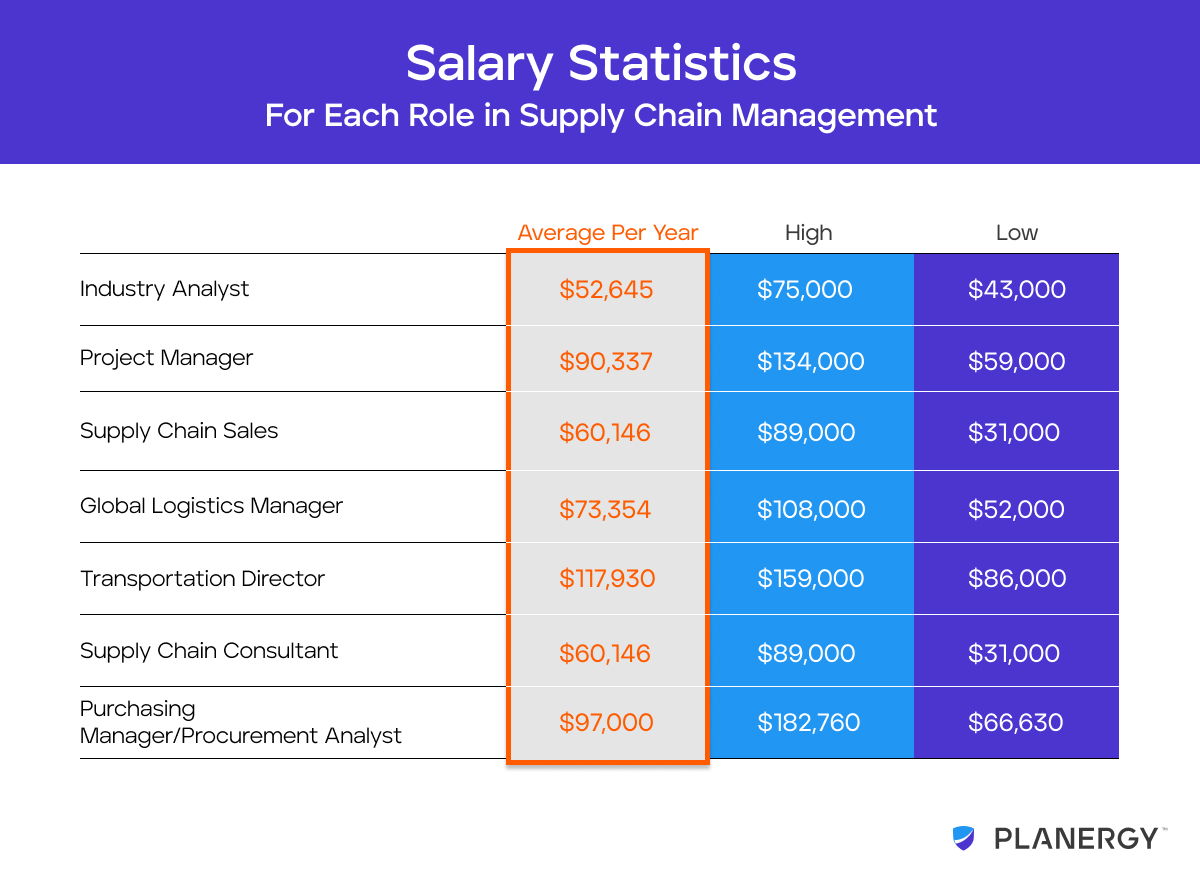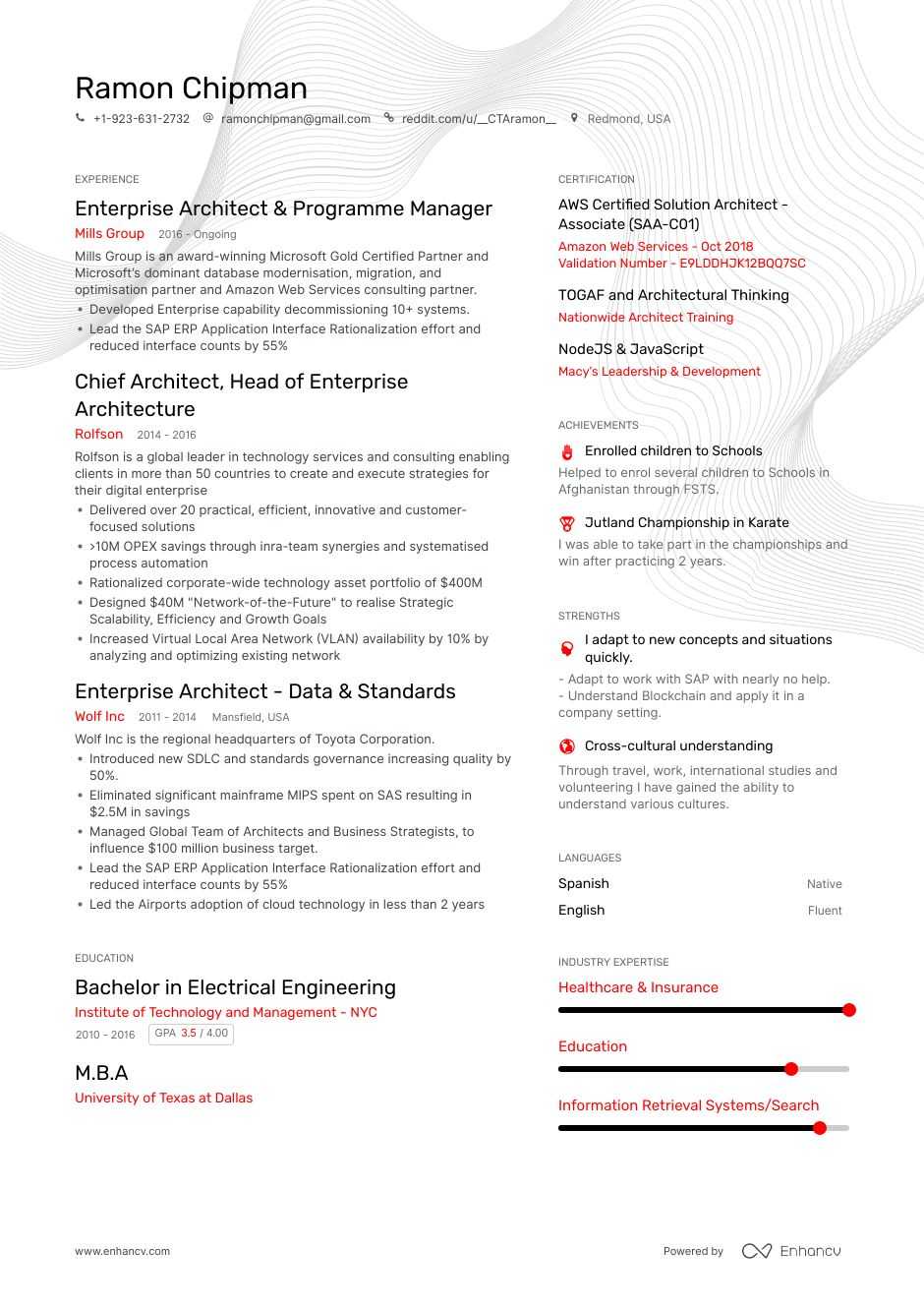Why is Succession Planning Important. To start the process first create an exit strategy one thats based on your.
 The Importance Of Succession Planning And Best Practices Shellie Haroski Sphr Pdf Free Download
The Importance Of Succession Planning And Best Practices Shellie Haroski Sphr Pdf Free Download
An organization that cannot get a solid replacement if a major player leaves whether as a result of resignation retirement change in career or death may be on the verge of total collapse.

Importance of succession planning. It retains and develops intellectual capital for the future. Succession planning is an important element of Talent management planning. Succession planning is an important part of the talent management process.
Considering the scarcity of succession plans you might conclude its better to hire from outside. The goal of succession planning is not to make the current leadership dispensable but instead to ensure business continuity and growth. Succession planning is vitally important for ensuring the continued success of any business in identifying and developing the talent which will fill your critical roles in the future or in times of crisis.
The Importance of Succession Planning. But with more immediate priorities competing for leaders time these tools and processes likely fall by the wayside and subjective decision-making takes over. Succession planning is a way of preparing leaders to take charge of the activities of an organization in case of a sudden change.
Make sure that you link your succession planning activities with human resources. Managing succession is one of the many must-have strategies that help your organisation to better plan for the future which thanks to COVID-19 the need to have emergency succession planning has come more sharply into focus than perhaps ever before. Through efficient succession planning you can achieve targeted employee development which can result in improved employee engagement and morale as well as a boost in workforce productivity and swifter goal achievement.
Compare courses from top universities and online platforms for free. Succession planning is a process for identifying and developing employees to fill the responsibilities of roles within the organization. Importance of Succession Planning.
What is succession planning. It provides a way to identify key roles people with the right skills and positions that may need filling in a short space. A competent team is a companys strength and that is why assuring their presence in the long future or finding proper replacements without affecting the smooth workflow is important.
The Benefits of Succession Planning A good succession plan is an engagement goldmine. The succession planning process is a well-planned-out long-term procedure building a number of so-called feeder groups of qualified candidates able to fill vacancies as they emerge. The risk of losing experienced corporate leaders is minimized.
Ad Free comparison tool for finding Leadership courses online. Succession planning offers the following benefits. Succession planning strengthens departmental relationships.
Succession planning ensures leadership continuity. Succession planning is a type of planning where organizations identify internal employees as potential candidates for filling future vacancies that may arise within the organization and start training them well ahead of time to perform those roles. When regular communication occurs between departments you are more likely to experience synergy which breeds a culture of strength.
Succession planning addresses the needs of the organization as seniormanagement gets older. Succession planning can help identify employees with unique abilities and skills that can help them move up to higher executive roles. But in fact internal hires outperform external candidates in significant areas like time-to-contribution length of service and more.
Importance of Succession Planning Preparing top talents within the organization to replace the key positions of a company is as important as signing a top deal with a tough customer. Many other organizations recognize the importance of standardized processes objective data and a regular cadence of activities to structure their succession planning decisions. Succession planning focuses on these keyareas.
Helps identify future leaders. Creating an effective succession plan requires organizational leaders to anticipate the future needs of the business and figure out a way of ensuring that the right talent is available internally and will be ready to step into a new role potentially at a managerial or leadership level when needed. Succession planning is an on-going dynamic process that identifies assessesand develops talent to insure that an organization can keep up with changes inthe workplace and marketplace.











